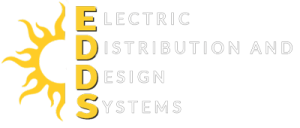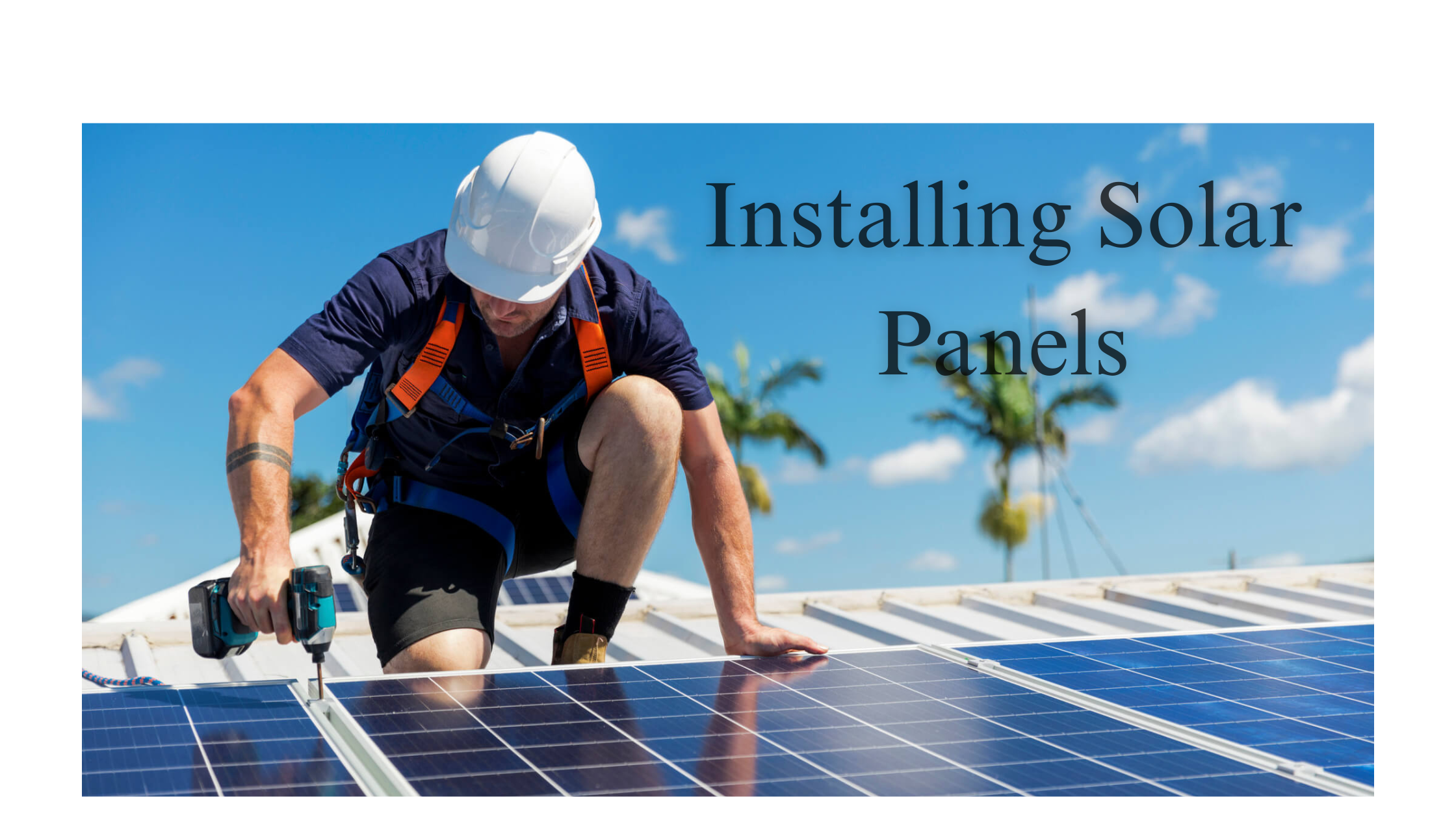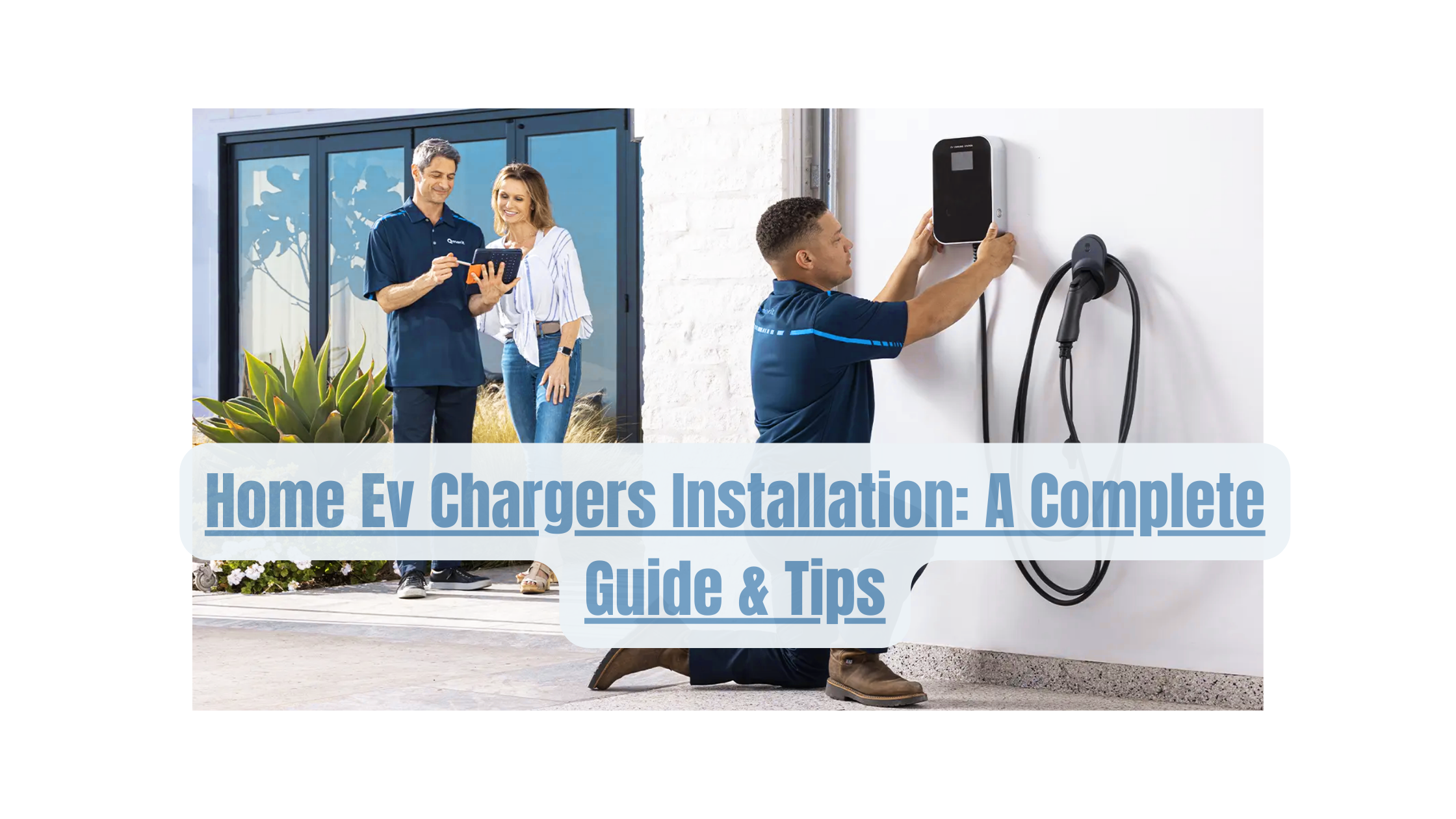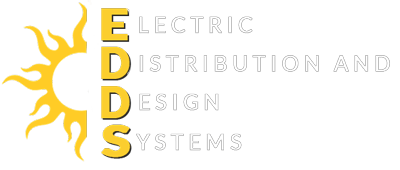Seeing your power bill go up and up can make anyone think about finding other ways to get energy. Solar panels have become a symbol of hope because they promise a future driven by the sun with lower bills and less reliance on the power grid. But Is financing solar panels worth it?. Well, buying solar panels is a way to get clean energy without going bankrupt. But do you think it’s the right choice? Let us explore the world of solar funding to see if it can help you get ahead financially.
Why Finance Solar Panels?: Benefits
There are many good things about financing solar panels, which makes solar energy easier for many people to get and more affordable for many companies and homes. Several important advantages are as follows:
- Less expensive up front:
You can get financing to put up solar panels so you don’t have to pay for them all at once. This can make solar energy more available to people who don’t have the money to pay for it all at once.
- Savings on energy costs:
Once they are set up, solar panels can cut your electricity costs by a lot. The money you save on energy costs may more than cover the cost of installing the solar system.
- Fixed payments every month:
There are many ways to get financing that offer set monthly payments, which can help you stick to your budget. These payments might be less than your current energy bills, which means you’ll save money right away.
- Added value to the property:
Putting up solar panels can make your home worth more. A lot of the time, homes with solar energy systems sell for more than houses without them.
- Tax breaks and credits:
Tax credits, rebates, and grants are just a few of the federal, state, and local benefits that can help you install solar panels. You can get these benefits without having to pay the full amount up front if you finance them.
- Advantages for the environment:
When you move to solar energy, you lower your carbon footprint and help make the environment cleaner and more stable. Giving loans to people and businesses that want to do something green helps them do it.
- Energy Independence:
Solar panels can make you less reliant on the power grid, which can protect you from rising energy costs and give you a more stable source of energy, especially in places where power outages are common.
- Flexible ways to finance:
There are different ways to pay for solar panels, such as solar loans, leases, and power purchase agreements (PPAs). You can pick the best choice for your goals and finances thanks to this flexibility.
- Positive Flow of Cash:
In some cases, the money you save on your energy bill may be more than what you pay each month for the loan, giving you positive cash flow right away.
- Warranty on Maintenance and Performance:
A lot of financing choices come with maintenance and performance guarantees that make sure your solar panel system works well for as long as it lasts.
When Might Financing Not Be Ideal?: Drawbacks
You may now get the answer of “Is financing solar panels worth it?” Well, To make renewable energy more cheap, financing solar panels can be a great idea. However, there are also some drawbacks. These are the four main ones:
- High interest rates:
The interest rates and fees can be high depending on the type of financing chosen, like a solar loan or lease. This can make the solar panel setup much more expensive in the long run than if you paid for it all at once.
- Long-Term Commitment to Money:
Financing usually requires a pledge for a long time, between 10 and 25 years. If your finances change and you find it hard to make payments, this can be a hassle.
- Effects on a Home Sale:
If you sell your home before the loan time is over, the buyer may have to take over the payments, or you may have to pay off the whole loan. This could make it harder or take longer to sell your house
- Effects on Credit Score:
When you apply for a loan, your credit is generally checked, which can lower your score for a short time. Also, if you don’t make payments or pay back the loan as agreed, it can hurt your credit score and make it harder to get credit in the future.
What are some of the Solar Financing Options?
When it comes to financing solar panels, you have a variety of options to choose from:
- Solar Loans: These are dedicated loans offered by banks, credit unions, or solar companies themselves. They typically offer competitive interest rates and terms specifically designed for solar panel systems.
- HELOCs (Home Equity Lines of Credit): If you have significant equity in your home, a HELOC can be a financing option. Interest rates can be lower than solar loans, but keep in mind you’re using your home as collateral.
- Property Assessed Clean Energy (PACE) Programs: These government-backed programs offer financing secured by your property taxes. They can be a good option for those who don’t qualify for traditional loans, but eligibility varies by location.
Is Solar Financing Right for You?
So, Is financing solar panels worth it? Here’s a quick guide:
Financing is a good fit if:
- You want to lower your electricity bills and achieve energy independence.
- You don’t have the upfront cash to purchase a solar system outright.
- You plan to stay in your home for at least 5-7 years.
Financing might not be ideal if:
- You plan to move soon.
- Your roof is shaded or not south-facing.
- You qualify for a low-interest loan and have the cash for a full purchase.
In the end, the choice depends on your own unique situation. Now you know every possible answer of “Is solar financing worth it?” , so it’s time to make an informed choice that is good for both your home and your wallet by weighing the pros and cons, looking into financing options, and getting quotes from reliable installers.




